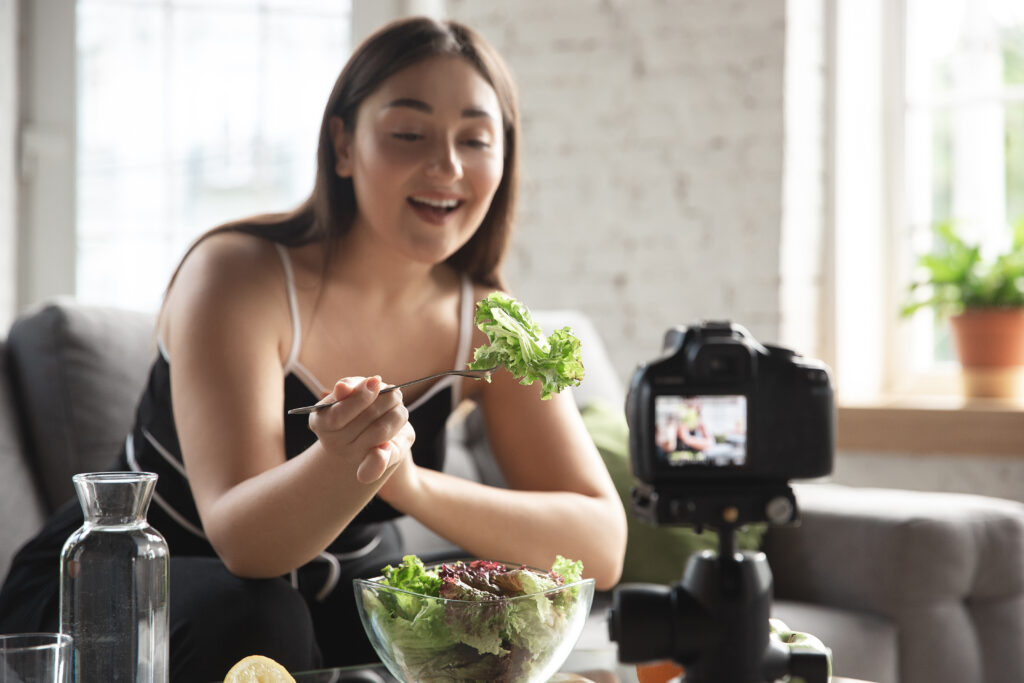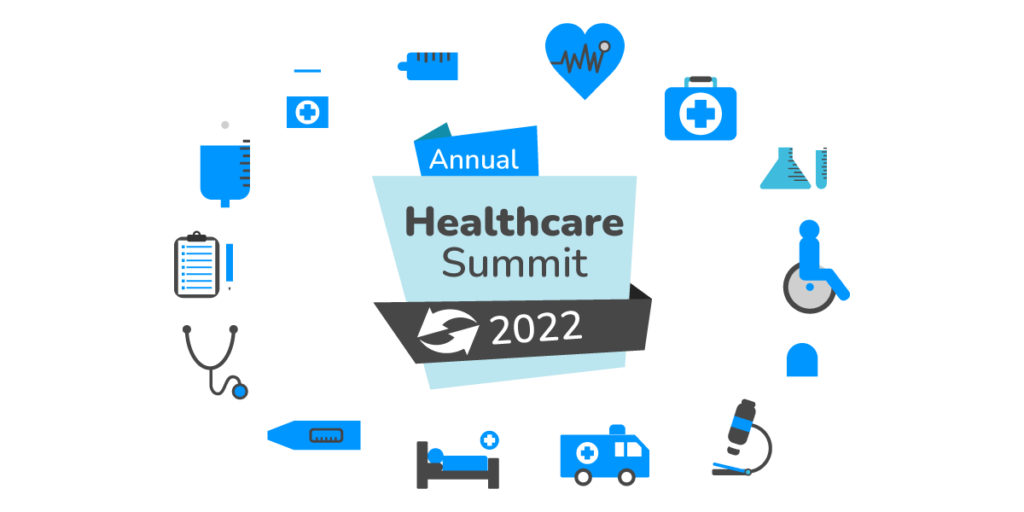Social media platforms such as Instagram and TikTok are teeming with health and wellness influencers.
Researchers and experts believe that such platforms for healthcare offer vast opportunities for the healthcare industry to flourish. Though slightly too lazy to take up these opportunities, the trend of healthcare professionals emerging as social media influencers is increasing rapidly. In the healthcare system, dieticians and fitness experts are being lauded for promoting healthy practises in a world experiencing problems like eating disorders and obesity that lead to more serious issues like hypertension and diabetes. Here are some reasons health and fitness influencers are disrupting the health ecosystem.
Health and wellness influencer marketing
While promoting healthy habits, such individuals are also playing a key role in digital marketing. Brands are tapping on health and wellness influencers to market their products. Because social media influencers gain the trust of their followers, they have the capability to persuade people into buying certain products. Research conducted in 2019 and published in BMC Public Health showed that influencers develop body-shape-focused visual content and tailor communication tactics to win the friendship and trust of their followers. They name and categorise diet and exercise as elements viewers need to manage for physical perfection.
Influencers promote a streamlined approach to enhancing one’s looks as the secret to happiness by taking dietary supplements and dressing in form-fitting branded gear. Communication’s primary focus is on covert and overt advertising of items targeted to particular industries. While this is going on, minors identify with the roles and values exhibited by influencers, and various needs are met. Influencers and their followers become dependent on one another as a result.
Promoting transparency
A survey uncovered some fascinating data regarding social media usage. The nation’s more than 1,500 hospitals are active on social media. These systems use social media to interact with current, former, and potential patients. Customers can easily share information with you via social media. Therefore, healthcare institutions not having a social media presence are losing some grand opportunities. Having an online presence gives colleagues and customers transparency.
Many healthcare professionals use social media sites like Twitter to influence the industry. They can research the sector, network, promote public health, and utilise the platform to discuss health-related topics. 60% of physicians report that social media has the potential to enhance medical care. This is evident of the fact that social media is trusted by professionals, be it nurses, ER doctors, physicians, and dermatologists, to connect with consumers. This is because social media offers a certain level of transparency that enables a relationship between care providers and patients.
Health influencers educate
Social media is not just used by doctors for interactive marketing. Many nurses, pharmacists, counsellors, and therapists have sizable followings online. These experts spread their mission statements and inform the public about prevalent health issues through social media. Social media is being used to bring people together around important healthcare issues.
Accessible
Health and wellness influencers explore attractive and creative ways to address healthcare issues. They curate content that touches all the generations. Although influencer culture is more common in Gen Z and Millennials, other generations can also benefit. A healthy life is important to millennials. But they are also price-conscious buyers. Consequently, they are quite receptive to using social media to find health-related information. In fact, 93% of millennials say they don’t plan to see their primary care providers for preventive health check-ups.
Instead, Gen Yers receive guidance online and seek medical attention at urgent care centres. They will probably seek out their peers on social media or on online discussion forums. They can get round-the-clock support from people who have gone through the same or comparable things. This might encourage people to experiment with different preventative healthcare strategies. A 2014 Nielsen study found that millennials look for alternative treatments as a mean to maintain a healthy lifestyle. Instead of using drugs, they frequently opt for health practises like meditation, acupuncture, and natural cures.
Challenges
While health and wellness influencers are appreciated in some research studies, healthcare professionals are still conscious of the negative impact of this endeavour. This is because social media is prone to privacy and breach issues, not to mention misinformation, and inaccuracy. However, since social media is here to stay, health influencers can be the ones to counter misinformation and educate people. A research study concludes that in the upcoming years, social network influencer dynamics in the field of health communication will become increasingly significant. With these trends on the rise, individuals are more likely to turn to health influencers for health and wellness.


